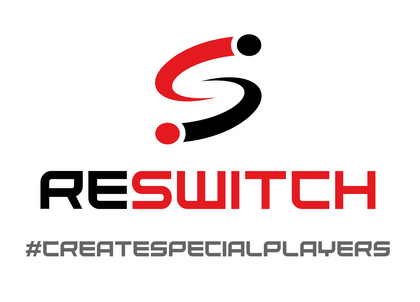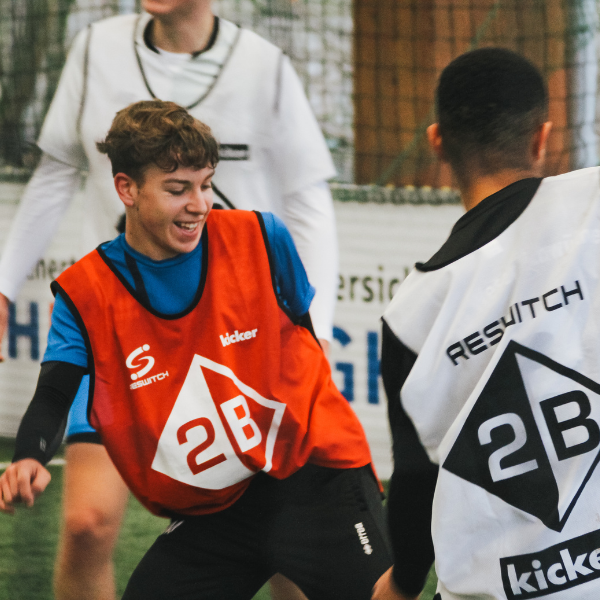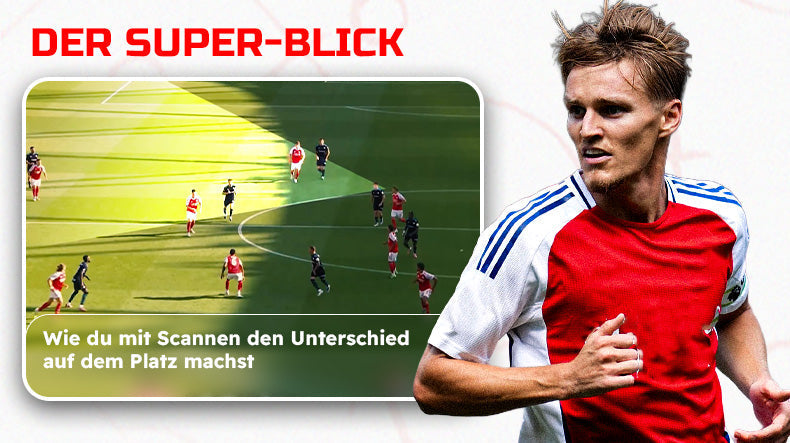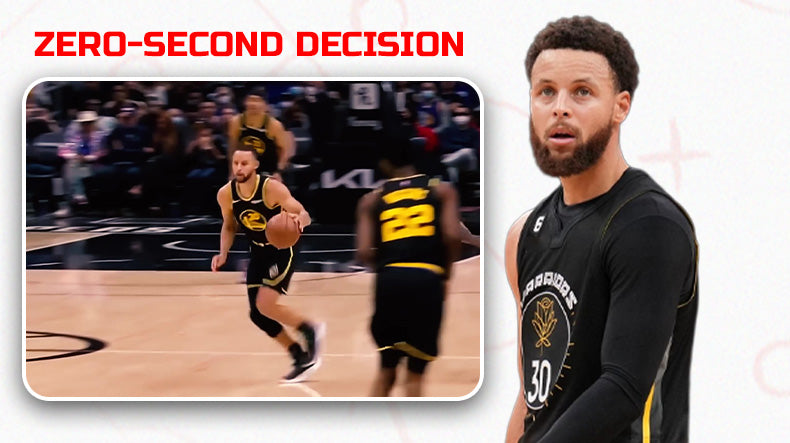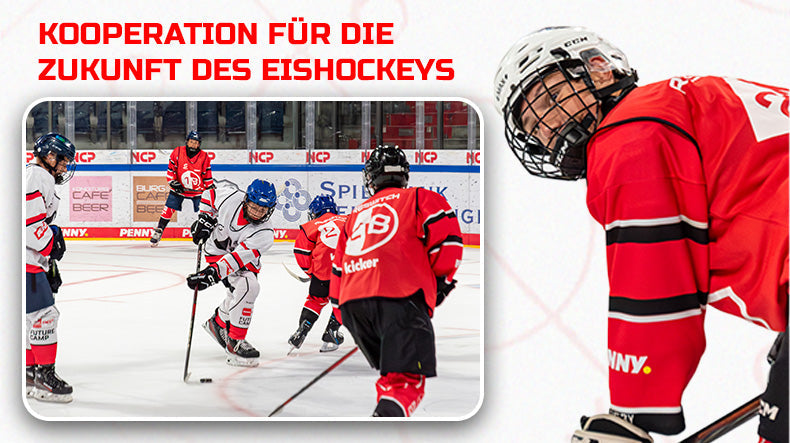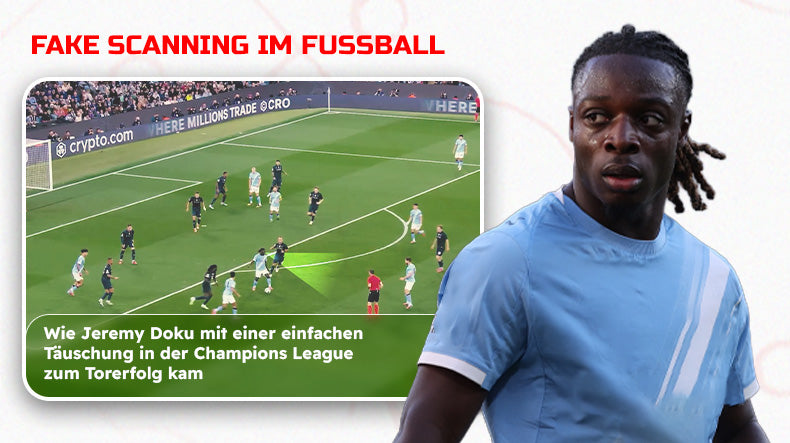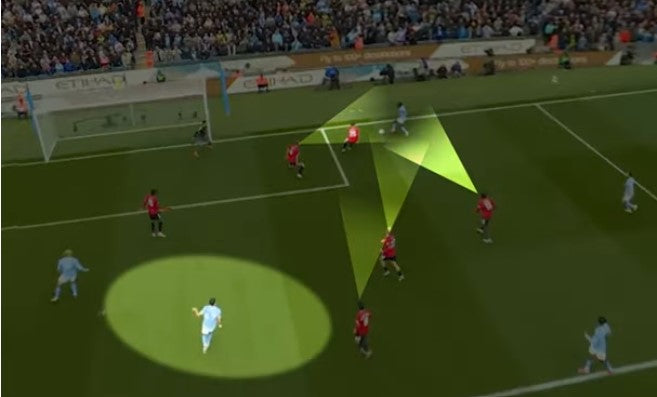The trainer training of the future

Last week we published a guest article on the topic of “Trainer training of the future” at Spond. If you are wondering how training might work in the future, what the focus will be and how long a license might take, then you should just read the following article.
If you talk to fellow trainers and ask them how their training went, you will often get the same answers. The training from 10-20 years ago is not very different from today's.
However, “learning” is changing right now. Above all through the use of new media and the associated opportunities to learn online from any location. This will change trainer training in the coming years. If we ask a trainer colleague about his C license training in 5 years at the latest, this could be his answer:
"The training was very intensive, but incredibly good. It is now structured very differently than it was a few years ago. There is now an interlinking of classroom and online training. The training lasts a total of 8 weeks, with regular changes between classroom and online phases. The classroom time is around 2.5 weeks and the online training is 5.5 weeks. The classroom time was very intensive. The online training is structured in such a way that new tasks, lectures or group work take place every few days. It is possible to complete these after work, so that
no extra vacation is needed. The attendance time is a little longer than it was for you back then, but many lectures will take place online so that each trainer can be trained better and more intensively in practice.
But wait, let me tell you a little more precisely:
After successfully registering for the training course, all participants receive a link to an online portal that accompanied us throughout the entire training. The portal serves as a virtual classroom in which live conferences are held, presentations are given, and game scenes and training methods are commented on and discussed. Course materials are also stored there and are available for download. The portal is also available as an app, so you can access it not only on your computer, but also view or read new content while on the go.
The trainer training no longer began at the sports school, but with all course participants on a specific day in the learning portal. Here we got to know each other for the first time and were given the first group tasks, which we presented during the first face-to-face time.
As mentioned, many theoretical topics are taught via the portal during the online training period , so that the face-to-face time can be used much more intensively for practice. External trainers have either given live lectures or uploaded lectures to the portal. A comment function on the uploaded videos enabled us trainers to ask questions that can then be answered not only by the trainer but also by fellow trainers. Social online learning has therefore found its way into trainer training.
The practice sessions were all filmed with a 360-degree camera. The camera is on the pitch. The video is then uploaded to everyone's private account on the portal , so that we can then go back and look at exactly what we said, how we said it and whether the players reacted the way we wanted them to. We were also given VR glasses for the course so that we could put ourselves back in the situation as best as possible. Self-reflection plays a big role here. Anyone who wants to can also unlock the video for others to get feedback.
In terms of content, the focus is on how we communicate correctly with individual players and the team. The course, which took three days alone , is called "Man Management". Although communication skills were probably already taught in your time, it is now clear that a coach today needs much better soft skills in order to really tease out the potential of his players or to identify problems more quickly. But it was also about the right coaching behavior during the game and training. There were constant role plays, lectures and tasks. The three days were really intensive, but extremely helpful. During the online training period, there were also further suggestions that we were then asked to try out specifically in our teams.
The lectures on how we can improve our players' perception and decision-making skills were very interesting . Here, real emphasis is placed on understanding how the processes in the brain work and how we can train them very specifically in training. The training vests from RESWITCH ¹ are an exciting training tool. A lot has already happened on these topics in recent years , but the priority is still very high. Another focus of training is data analysis. However, this varies in length and intensity depending on the license level. The aim is for us to understand how to interpret data correctly and not blindly follow the data hype or categorically rule it out, but to consciously question what can and cannot be used for training at our level of play. The insight into the database of a large provider was exciting. We were given really cool tasks. For example, we had to find the best player of the 2024 European Championships from a data perspective. That was exciting because it was a different player than expected.
Tactical training today is specifically designed around game principles. Every coach should develop his own game principles that promise success. This is independent of any game systems. These are no longer as high a priority. Much more attention is paid to how our players act in individual situations. We have now developed individual options for action based on how a player triggers a situation. This is of course much more complex than it was for you back then. I really like the fact that it goes into such depth today.
Basically, the training was really long and very intensive. However, I learned so much for practical use during this time that it was really worth it. The structure of the online and classroom training is great because it goes really deep. I can only recommend the training to you.
It's great that we can now do training courses online or via the app, which are awarded points. This gives us the opportunity to view training courses we've missed. The points system is also structured a little differently now.
The points are no longer just there to extend the license. Today, hard-working trainers who regularly undergo further training are specially "rewarded". Depending on how many milestone points I reach, I can take part in an elite youth license training course or an A license training course, or I can choose training aids that are then sent to me. This makes further training really fun. I think a real culture of further training and education has emerged. I think that's great, because you can always develop further. But tell me, what was your training like back then and how are you continuing your education today?"...
I think that we are now entering a time when "learning" as we know it will change. In the future, we will certainly receive more intensive and multimedia training and education. This development will also find its way into coach training, simply because it is important to deal with football in even greater detail. The coach training of the future described would be so useful for us coaches that I wish I had already experienced it myself.
Would you register for the described trainer training of the future?
What do you think about the idea of further training?
The article was published on 05.04.2019 at Spond:
https://portal.spond.com/de/content/die-trainerbildung-der-zukunft
Author: Tammo Neubauer
